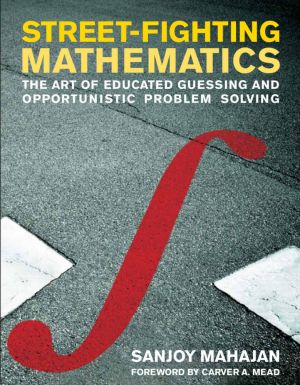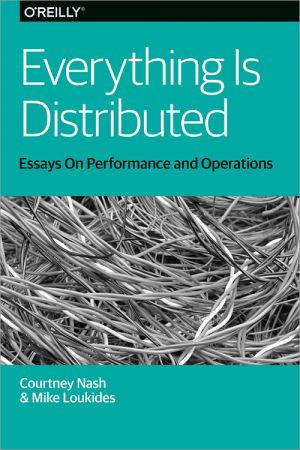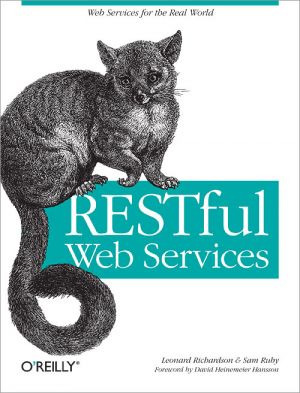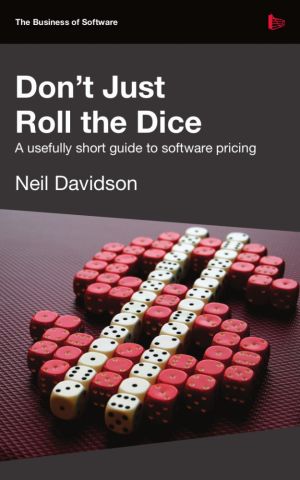Don't Just Roll the Dice
A usefully short guide to software pricing
by Neil Davidson
DescriptionTable of ContentsDetailsHashtagsReport an issue
This short handbook will provide you with the theory, practical advice and case studies you need to stop yourself from reaching for the dice.
Neil Davidson is co-founder of Red Gate Software. Redgate was founded in 1999 and now employs some 275 people. It was Cambridge News business of the year in 2006 and has been in the Sunday Times top 100 companies to work for seven years running. It was founded with no VC money and little debt. Neil is also founder of the annual Business of Software conference and runs the Business of Software social network. 





Book Description
How do you price your software? Is it art, science or magic? How much attention should you pay to your competitors?This short handbook will provide you with the theory, practical advice and case studies you need to stop yourself from reaching for the dice.
Neil Davidson is co-founder of Red Gate Software. Redgate was founded in 1999 and now employs some 275 people. It was Cambridge News business of the year in 2006 and has been in the Sunday Times top 100 companies to work for seven years running. It was founded with no VC money and little debt. Neil is also founder of the annual Business of Software conference and runs the Business of Software social network.
This open book is licensed strictly for personal or educational use. You can download Don't Just Roll the Dice ebook for free in PDF format (5.3 MB).
Table of Contents
Chapter 1
Some - but not too much - Economics
Chapter 2
Pricing Psychology: What is your product worth?
Chapter 3
Pricing Pitfalls
Chapter 4
Advanced Pricing
Chapter 5
What your price says about you (and how to change it)
Book Details
Title
Don't Just Roll the Dice
Subject
Computer Science
Publisher
Red Gate
Published
2009
Pages
74
Edition
1
Language
English
ISBN13 Digital
9781906434380
ISBN10 Digital
1906434387
PDF Size
5.3 MB
License
For personal or educational use
Related Books

In problem solving, as in street fighting, rules are for fools: do whatever works - don't just stand there! Yet we often fear an unjustified leap even though it may land us on a correct result. Traditional mathematics teaching is largely about solving exactly stated problems exactly, yet life often hands us partly defined problems needing only...

This book investigates child poverty from a philosophical perspective. It identifies the injustices of child poverty, relates them to the well-being of children, and discusses who has a moral responsibility to secure social justice for children....

How do we evaluate ambiguous concepts such as wellbeing, freedom, and social justice? How do we develop policies that offer everyone the best chance to achieve what they want from life? The capability approach, a theoretical framework pioneered by the philosopher and economist Amartya Sen in the 1980s, has become an increasingly influential way to ...

This textbook provides an overview for students in Criminology and Criminal Justice about the overlap between the criminal justice system and mental health. It provides an accessible overview of basic signs and symptoms of major mental illnesses and size of scope of justice-involved individuals with mental illness.In the United States, the cri...

Software development has reached a point where no single developer can understand, see, or control all the component parts, whether it's technical or organizational. The Web is now the computer and it's forced even the simplest applications to become distributed.
Through five thought provoking essays, you'll discover the whys and ...

You've built web sites that can be used by humans. But can you also build web sites that are usable by machines? That's where the future lies, and that's what RESTful Web Services shows you how to do. The World Wide Web is the most popular distributed application in history, and Web services and mashups have turned it into a powerful...

